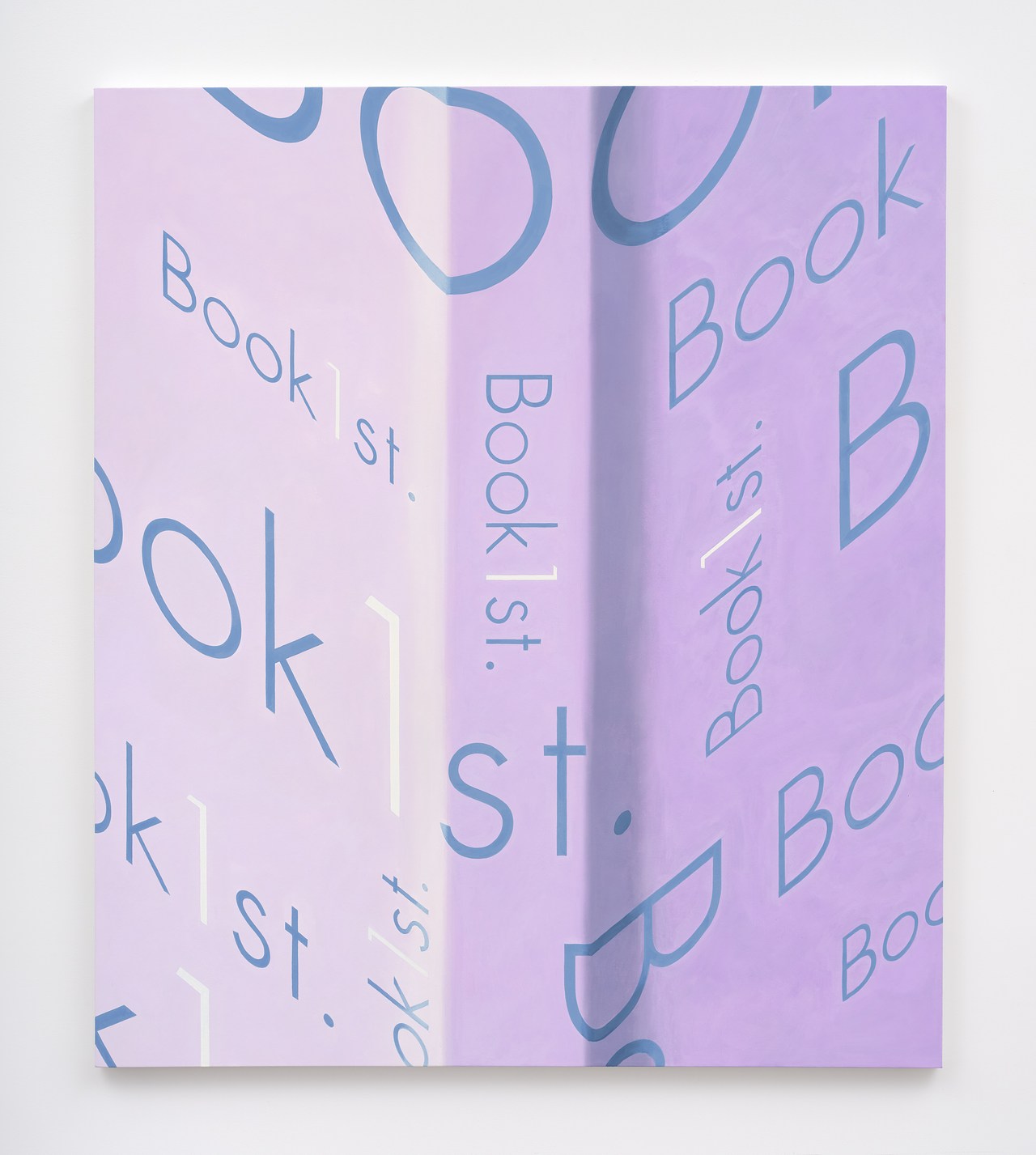Spirit Writing
2016 - Film & Video (Film & Video)
9:45 minutes
Chia-Wei Hsu
The final work in the Marshal Tie Jia series (of which Turtle Island is in the KADIST collection), Spirit Writing features the Marshal in conversation with Chia-Wei Hsu, by way of a ritual involving the Marshal’s divination chair. Marshal Tie Jia is a frog god, who was born in a pond in Jiangxi, China, before fleeing to Matsu Island off the coast of Taiwan during the Cultural Revolution after his temple was destroyed. Spirit Writing attempts to reconstruct the original temple using 3D modeling software, operated in real time as Hsu asks the Marshal questions, receiving answers through a divination ritual in which the chair is swung violently around by his acolytes. Despite its setting in a disembodied studio environment, Spirit Writing formally and ideologically considers the construction of locality, or environmental space. Such space transcends a physical geography: rather, Hsu seeks to find a resting, omni-locational residence for a refugee god. The difficulties Marshal encounters in communicating his ideal resting space propose locating religious, cultural memory alongside diasporic refugee memory, cast in disjointed violence side by side into a digital ontology. This is a deterritorialization that equally re-territorializes an idiosyncratic, potential topography for the current contemporary moment of migration, absurdity, violence, and potentiated digital utopia. Spirit Writing structurally differs from much of the other films in the Marshal Tie Jia series, in that it moves away from an emphasis on geological, physical locality, and instead proposes a transient virtuality for Mashal to evacuate to. In this way, Spirit Writing is a fitting coda to the series, marking a shift in Hsu’s practice, his works increasingly interested with digital ontologies and culture. By imbuing both “real” space and “digital” space with a divine appendix, it takes the series’ previous explorations of Taiwanese geopolitical tensions and moves toward the potential for open-ended migration, a messy visual paradox both reverent and absurd.
Embarking from myriad audio-visual narratives, Chia-Wei Hsu pursues imaginative interrogations of cultural contact and colonization in Asia, oftentimes amalgamating his primary narratives with non-human actors including technologies, animals, gods, environments, traditions, and material objects. Bringing these diverse subjects together results in a bumpy ontological bleed between them, forming the topography of a historical geography without a straightforward objective position. By reinterrogating what histories and relations coexist within a given locale, Hsu’s work manifests new imaginative potentialities for their revitalization, an uncertain, profound terrain throughout his films and installations. While his work has consistently probed regulatory systems including religion, science, architecture, and military action, Hsu’s work has increasingly explored digital ontologies and the Internet of Things, in which previously luddite household objects have become connected to the internet. The digital, as a territorializing field produced by components largely manufactured in Asia, allows Hsu to attempt the detournement of western knowledge-bases to formulate new, imaginative archipelagos.
Colors:
Other related works, blended automatically
» see more
Related works sharing similar palette
» see more

© » ARTS EQUATOR
The working processes of artists: Tim De Cotta | ArtsEquator Thinking and Talking about Arts and Culture in Southeast Asia Articles Courtesy of Tim De Cotta October 18, 2019 In this video, LASALLE students Nicole Kessler and Marian Saturno speak to musician Tim De Cotta on his (many) musical influences, how he talks about social issues through music and how to keep your art pure...
Other works by: » Chia-Wei Hsu
» see more

© » KADIST
Chia-Wei Hsu
2019Stones and Elephants by Chia-Wei Hsu derives from the Malay literary classic The Hikayat Abdullah ...

© » KADIST
Chia-Wei Hsu
2012Marshal Tie Jia (Turtle Island) explores the history of a tiny island off of the coast of Matsu in the Taiwan Strait that has been instrumental in the geopolitical relationships between China, Taiwan, and Japan...
Related works found in the same semantic group
» see more

© » ARTS EQUATOR
UNHEARD: Hearing Singapore women composers loud and clear | ArtsEquator Thinking and Talking about Arts and Culture in Southeast Asia ArtsEquator Viewpoints Jamie Chan March 3, 2022 By Nicole Toh (825 words, 3-minute read) “When do women get to be heard for who we are?” That was the question raised by Rachel Lim, a Singaporean soprano and UNHEARD ’s founder at the start of the concert...

© » ARTSY
10 Emerging Galleries to Watch in Foundations | Artsy Skip to Main Content Art Market 10 Emerging Galleries to Watch in Foundations Maxwell Rabb Jan 25, 2024 5:31PM The second iteration of Foundations , Artsy’s online art fair, brings together more than 130 galleries from 36 countries, showcasing a diverse array of emerging talent in the digital art market...






